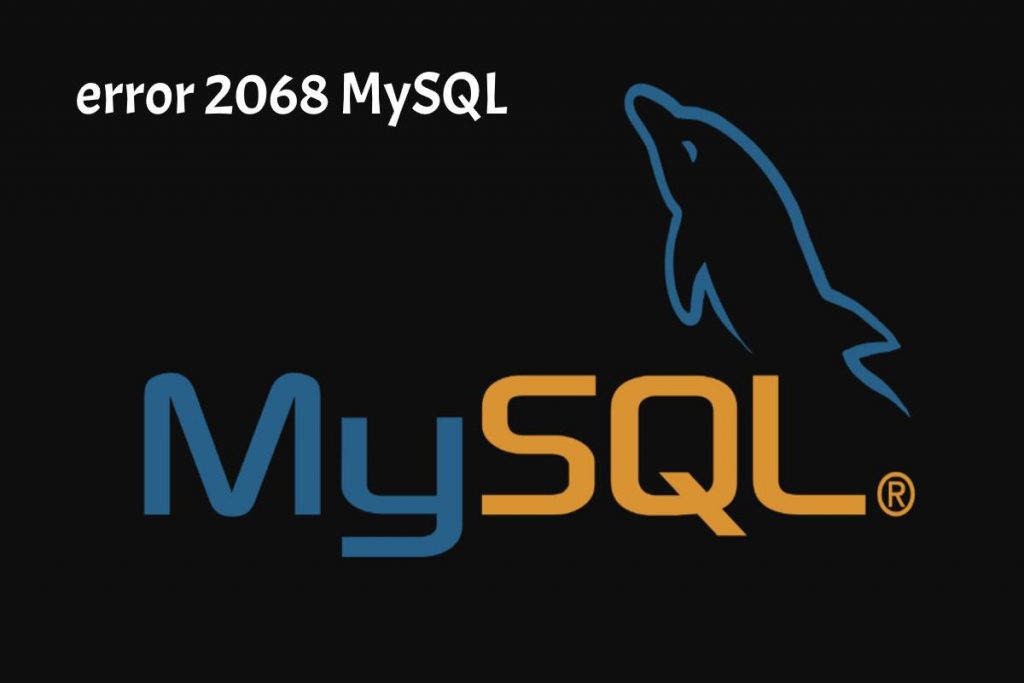Table of Contents
What is MySQL?
MySQL, the most popular open-source SQL database management system, is developed, distributed, and supported by Oracle Corporation.
The MySQL website (http://www.mysql.com/) provides the latest information about MySQL software.
MySQL is a database management system.
A database is a structured collection of data. It can be anything from a simple shopping list to a picture gallery or the vast amount of information on a corporate network. To add, access, and process data stored in a computer database, you need a database management system such as MySQL Server. Since computers are very good at processing large amounts of data, database management systems play a central role in data processing, either as standalone utilities or other applications.
MySQL databases are relational.
A relational database stores data in separate tables instead of storing all the data in one giant warehouse. Database structures remain organized in physical files optimized for speed. The logical model with objects such as databases, tables, views, rows, and columns provides a flexible programming environment. Set up rules governing relationships between different data fields, e.g., B. One-to-one, one-to-many, unique, required or optional, and “pointers” between other tables. The database enforces these rules, so your application will never see inconsistent, duplicate, orphaned, stale, or missing data with a well-designed database.
The SQL part of “MySQL” stands for “Structured Query Language.” SQL is the most widely used standardized language for accessing databases. Depending on your programming environment, you can either type SQL directly (e.g., generate reports), embed SQL statements in code written in another language, or use a language-specific API that hides the SQL syntax.
SQL is defined by the ANSI/ISO SQL standard. The SQL standard has evolved since 1986, and there are several versions. In this manual, “SQL-92” refers to the standard published in 1992, “SQL:1999” to the standard published in 1999, “SQL:2003” to the current version of the standard. We use the phrase “the SQL standard” to refer to the most current version of the SQL standard.
MySQL software is open source.
Anyone can download MySQL software from the Internet and use it for free. Open source means that anyone can use and change the software. You can study the source code and adapt it to your needs if you want. MySQL software uses the GPL (GNU General Public License), http://www.fsf.org/licenses/, to define what you can and cannot do with the software in different situations. If you are unfamiliar with the GPL or need to embed MySQL code in a commercial application, you can purchase a commercially licensed version from us. For more information, see the MySQL Licensing Overview (http://www.mysql.com/company/legal/licensing/).
MySQL database server is fast, reliable, scalable, and easy to use.
If that’s what you’re looking for, you should try it. MySQL Server runs conveniently on a desktop or laptop computer and other applications, web servers, etc., requiring little or no attention. If you dedicate an entire machine to MySQL, you can adjust the configuration to use all available memory, CPU power, and I/O capacity. MySQL can also remain scaled to groups of networked machines.
Originally designed to handle large databases much faster than existing solutions, MySQL Server has been used successfully in demanding production environments for several years. Although constantly evolving, MySQL Server today offers a rich and useful feature set. Its connectivity, speed, and security make MySQL Server very suitable for accessing databases on the Internet.
MySQL Server works on client/server or embedded systems.
MySQL database software is a client/server system consisting of a multithreaded SQL server supporting various backends, client programs and libraries, management tools, and a wide range of application programming interfaces (APIs).
We also offer MySQL Server, a built-in, multithreaded library that you can link into your application for a smaller, faster, and easier-to-manage standalone product.
There is a large amount of MySQL-hosted software available.
MySQL Server has several valuable features that have remained developed in close cooperation with our users. The MySQL database server likely supports your preferred application or language.
The official way of pronouncing “MySQL” is “My Ess Que Ell” (not “my continuation”), but we don’t care if you pronounce it as “my continuation” or in some other localized way.
But, I am using Amazon RDS MySql for data storage. I can load data by providing the column values. But, when I try to load the data from my local machine into MySql, it fails with the error: 2068.
The solution that worked for me comes from the workbench shared at the link: Workbench 8.0.12 no longer allows loading local data into a file.
Steps for Mac:
Create a my.cnf file with the following declarations in the path: /etc. After that, I created my .cnf file with the root user.
Set the my.cnf file as the default configuration file in MySql Workbench. In the configuration file, enter the path to the my.cnf file: /etc/my.cnf. Click the wrench icon next to Instance.
Restart the MySQL server workbench.
Try the following statements in MySQL Workbench: SHOW VARIABLES LIKE “local_infile”; //Must be IN SHOW VARIABLES LIKE “secure_file_priv”; //Must not have any values (not NULL but empty)
Load the data.
LOAD DATA LOCAL INFILE ‘<path>/file.csv’ INTO TABLE <tablename>
FIELDS TERMINATED WITH ‘,’
enclosed ‘”‘
LINES TERMINATED by ‘\n’ IGNORE 1 LINES;
With the LOCAL keyword, the upload is successful. However, without the LOCAL keyword, I get an access error.

Review What is MySQL?. Cancel reply